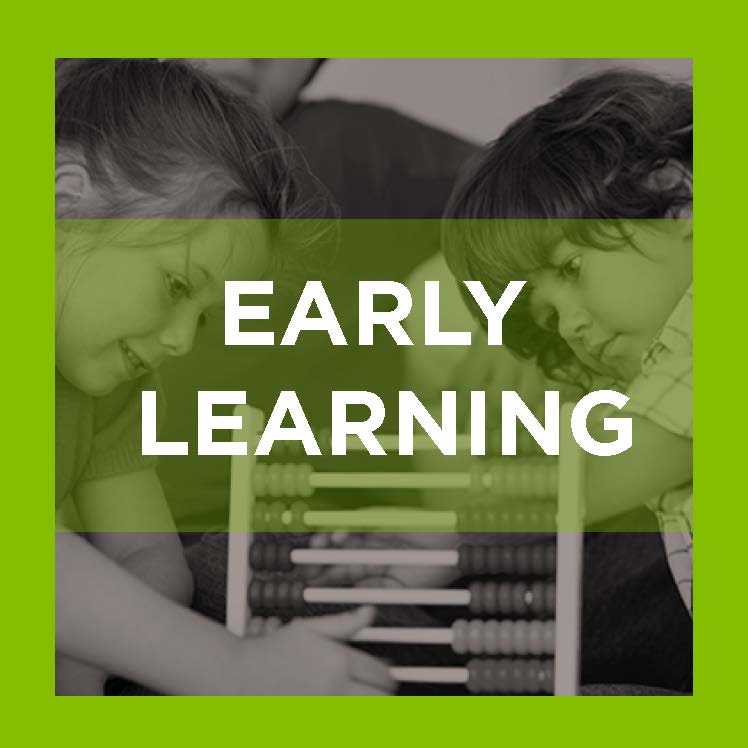On June 23, the early learning team at Education Commission of the States, in partnership with NIEER, CEELO, New America, NCSL and National P-3 Center hosted the P-3, the Every Student Succeeds Act (ESSA) and You event. This event occurred in collaboration with the Colorado Department of Education, Colorado Children’s Campaign and Early Milestones Colorado. Danielle Ewen (EducationCounsel), Kristie Kauerz (National P-3 Center, University of Washington), and Sharon Triolo-Moloney and Nancie Linville (Colorado Department of Education) presented on ESSA, national research regarding P-3, and the Colorado state context regarding ESSA and legislative opportunities. After the main presentations concluded, the audience and presenters gathered and engaged in interactive discussions with one another. This work was made possible through the Education Commission of the States’ K-3 quality focus, which includes the K-3 Quality Database and K-3 Policymakers’ Guide to Action: Making the Early Years Count.
Danielle dove into ESSA with an overview, and said, “The precise meaning and impact of ESSA will continue to play out through regulations, guidance, and implementation over the coming months and years – presenting both opportunities and risks on the federal, state and local levels for improving education systems and outcomes for all students in the nation.”
Next, Danielle explained what questions to ask, which focus areas proved most relevant regarding ESSA and early learning, and how to implement ESSA with policy, accountability, school improvement, assessments and standards. She included, “It’s not an add-on, it’s a change of frame” when conversing about detailed, best practices with superintendents and educators. Lastly, she reminded the audience that, “This is a marathon, not a sprint.”
Kristie calculated the moral imperative for early education. She suggested that everyone take an equity approach to deliver the best early education possibilities, to rectify the achievement gaps proven in studies from the National Assessment of Educational Progress (NAEP). These achievement gaps separated and studied children based on race, income, gender and other areas. While brains develop, the neural connections grow, thus allowing experiences to shape the brain architecture. Density regarding one’s neural mapping network proves highest prior to age 14, which reinforces what’s important and why we “use it or lose it,” as Kristie conveyed.
Social-emotional learning also proves significant in the forming of young minds. Kristie recommended reinforcing that kids are loved, competent, secure and supported so that these positive messages stick around throughout their lives. Even though she described P-3 (pre-K to third grade) as “a heavy lift,” a strong P-3 or K-3 (kindergarten to third grade) continuum improves each grade level and aligns across grade levels to minimize achievement gaps. Kristie ended her presentation by sharing an example from Maryland of the previous decade’s P-3 investments paying off, as it closed achievement gaps for children regarding race gaps in reading levels and math proficiency.
To address and highlight recent legislative actions, Sharon and Nancie ended the formal presentations by presenting recently signed bills regarding education in Colorado. One focus of Early Learning Strategies In Education Accountability or SB 17-103, signed into law on June 6, 2017, is early childhood resources, including home visitation and early intervention services. The Strategic Plan To Address Teacher Shortages or HB 17-1003, signed into law on May 21, 2017, concentrates on reducing obstacles teachers may face, thereby increasing teacher retention and recruitment.
This event highlighted the early learning opportunities provided through ESSA, a strong P-3 system and recent state legislation. Education Commission of the States looks forward to continuing these conversations and supporting states as they examine the opportunities to strengthen early learning.





